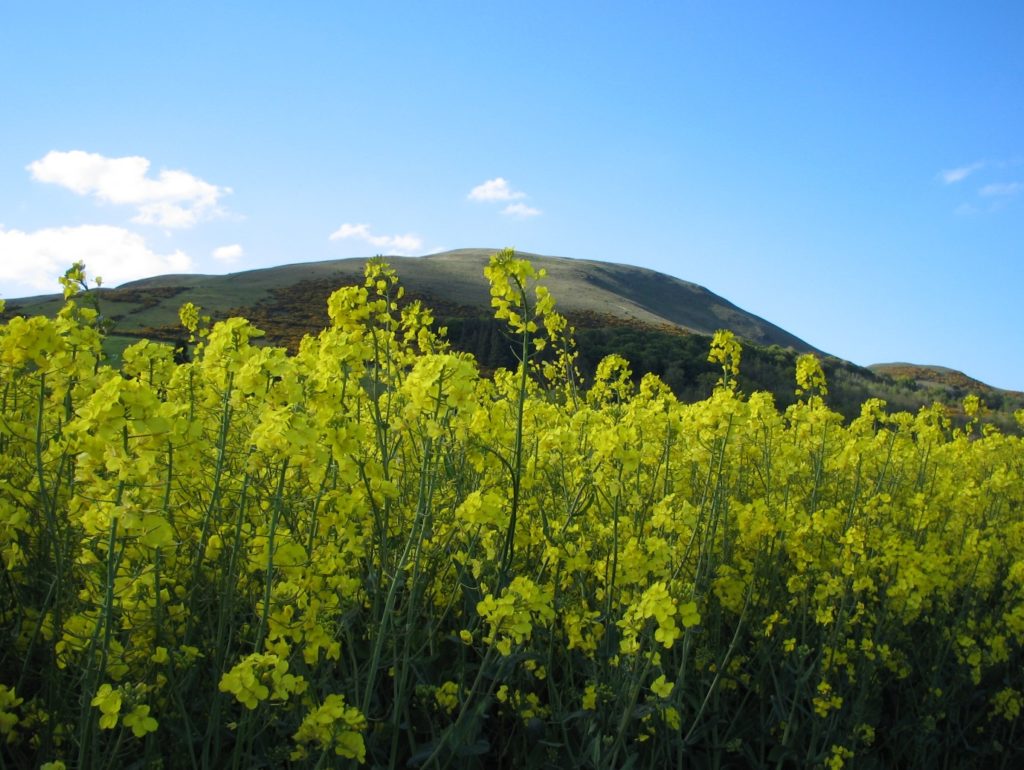Pests in winter oilseed rape, May 2019
2 May 2019With most crops now at early flowering the risk from pollen beetle is over, as they can access the pollen they crave.
With most crops now at early flowering, cabbage seed weevils are moving into crops, and numbers need to exceed 1 weevil every 2 plants throughout the crop (not just in the endriggs) during flowering to justify an insecticide treatment. Because of the issues regarding pollen beetle resistance to pyrethroid insecticides, only treat for seed weevil if the threshold has been exceeded, as unnecessary pyrethroid sprays will increase the risk of pollen beetle resistance to this insecticide group.
Safety to bees
If any insecticides are going to be applied to a flowering oilseed rape crop, it is essential that local beekeepers are informed of your intention to treat the crop at least 24 hours beforehand. Bees are crucial for obtaining a good oilseed rape yield as they pollinate the flowers. So safeguard your investment in growing oilseed rape by giving beekeepers sufficient notice so that they can close their hives on the day of treatment. Try to spray the crop in the early morning or evening when bees are less likely to be foraging, as wild bees and bumblebees need protection against insecticides as well.
 Bee Connected is a brand new valuable tool connecting beekeepers with farmers and informing of crop protection activities nearby. This service is brought to you by the Voluntary Initiative, supported by the Crop Protection Association. Bee Connected aims to help the communication between beekeepers and farmers. If you’re a farmer or spray contractor, simply register at https://www.beeconnected.org.uk/, enter the details of when and where you’re planning to spray an insecticide that may present a risk to bees (for instance on a flowering crop, or where the field has a conservation buffer strip), and a simple notification will be sent to neighbouring beekeepers registered with the system.
Bee Connected is a brand new valuable tool connecting beekeepers with farmers and informing of crop protection activities nearby. This service is brought to you by the Voluntary Initiative, supported by the Crop Protection Association. Bee Connected aims to help the communication between beekeepers and farmers. If you’re a farmer or spray contractor, simply register at https://www.beeconnected.org.uk/, enter the details of when and where you’re planning to spray an insecticide that may present a risk to bees (for instance on a flowering crop, or where the field has a conservation buffer strip), and a simple notification will be sent to neighbouring beekeepers registered with the system.
Sign up to the FAS newsletter
Receive updates on news, events and publications from Scotland’s Farm Advisory Service

